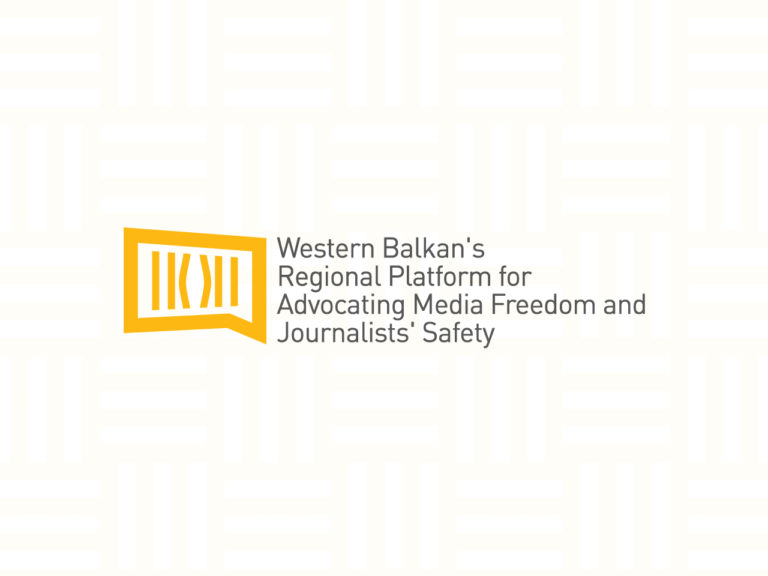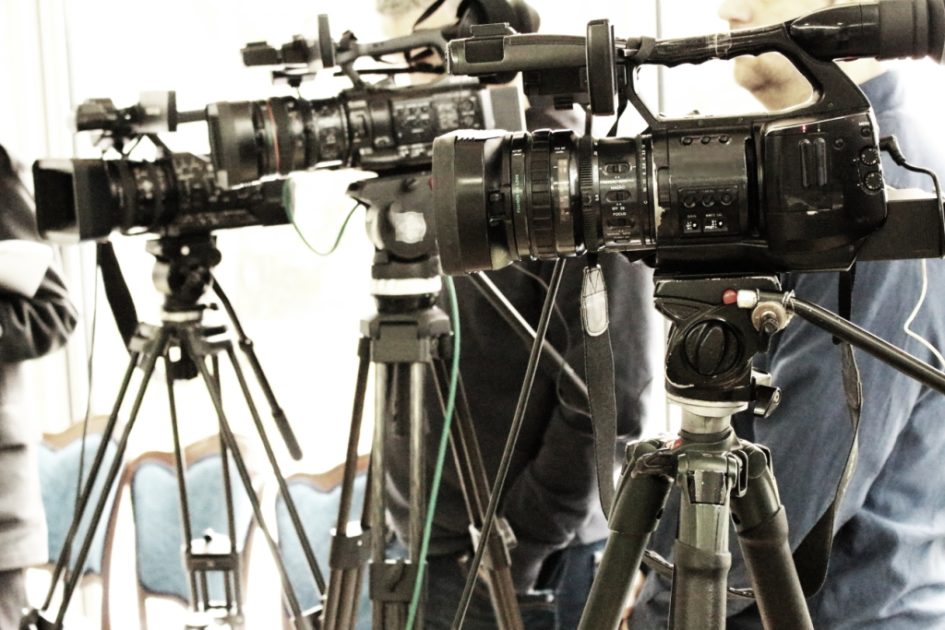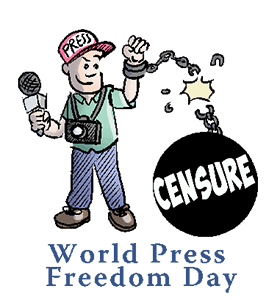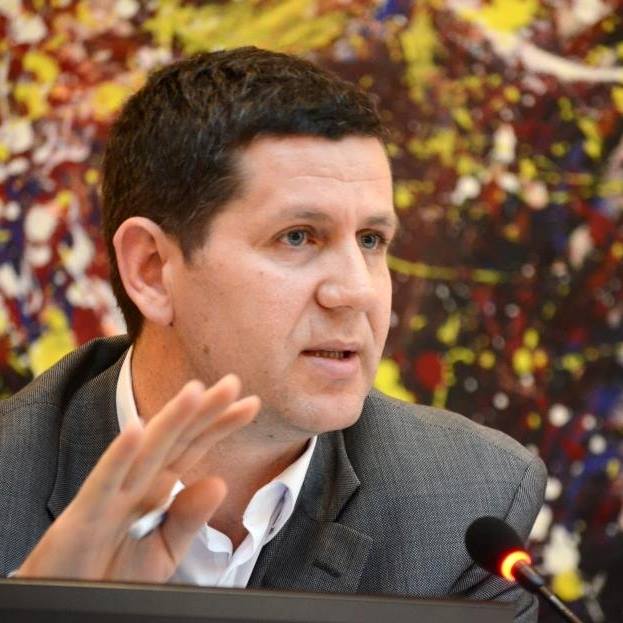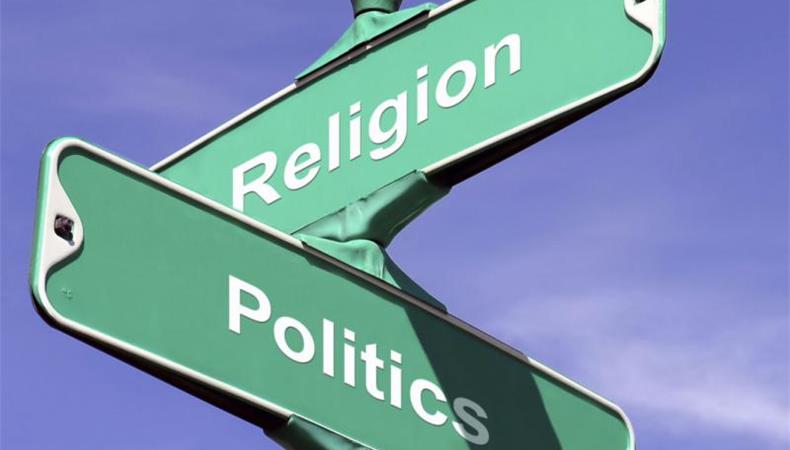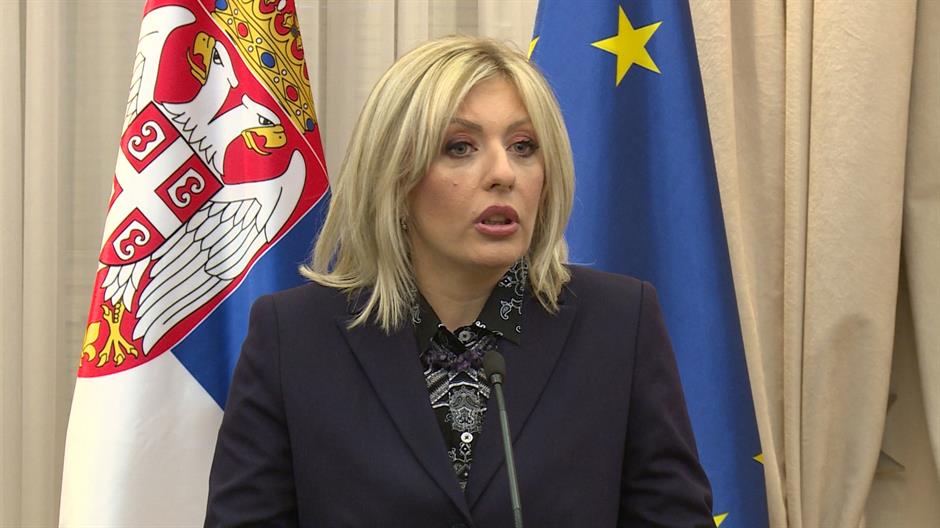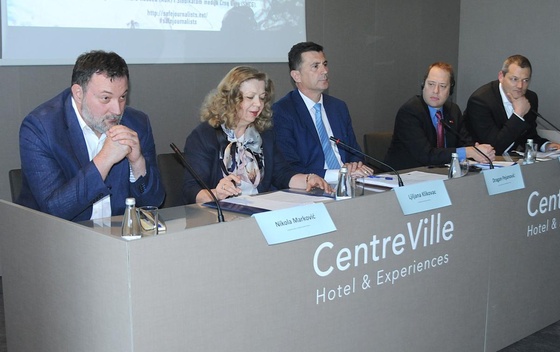U društvima Balkana, a gdje spada i BiH, religija je neodvojiv dio društvenog i privatnog života i kreira, kao i rekreira, društveno aksiološko polje. Analogno tome, zastupljenost religije u medijima je velika, ali i ideološki selektirana. Tako religija u medijima zaprima dosta prostora isključivo po uslovima koje žele religijske institucije za sebe.
U manjoj mjeri za religijske institucije se vežu afere, no tada se isključuje religija iz afere i strukturalni problem se svodi na nepoštenje pojedinca. Institucije ostajuu nesumnjivo čiste u svojoj namjeri, teret osude nosi samo pojedinac koji je tim aktom izdao i Boga i zajednicu.
To znači da se u takvoj percepciji previđa činjenica da je religijskim institucijama olakšano da širi utjecaj, izbjegava pojedine obaveze i povećava svoj politički utjecaj u toj mjeri da je bosanskohercegovačko društvo zapalo u paradoks: sekularna država i nesekularno društvo sa tendencijom da se sekularizam dokida kroz duži vremenski period.
Također, zastupljenost religije, religijskih institucija i religijskih službenika česta je u medijima. Pri tome su ti nastupi filtrirani, pa su tako religije isključivo mirotvorne, uvijek pozivaju na suživot i naročito za vrijeme praznik se ističe da su praznici vrijeme mira. Nema razlike u medijskom eksponiranju tri velike monoteističke religije u BiH. Problematičnost se ukazuje tek u rijetkoj pojavi ateističkog glasa. Ukoliko se ukaže bilo ko kao kritičar bilo kakve religijske prakse, mnogostruko više prostora za odgovor dobiju religijski službenici koji tom prilikom održe i prigodnu lekciju da „ljudi griješe, Bog ostaje savršen“ čime se izbjegava instrumentaliziranje religije u političke i ideološke svrhe.
Postoji i kritika koja je imuna na takav odgovor, to je kritika koja dolazi od samih, ali izuzetno rijetkih službenika, pri čemu ta kritika može biti veoma korisna jer navedeni kritičar ne može biti diskvalificiran kao ateista. Upravo to se desilo u muslimanskom dijelu javnosti, iako je situacija prenosiva u preostale dvije religijske zajednice.
Naime, u Zavidovićima (BiH) mjesni imam (službenik) održao je govor u džamiji i netipično napao političke vođe. Imam primjećuje: “Cijenjena braćo, da vi trebate reći nešto svom sinu ili kćerki koji jutros pakuju kofere da krenu na radno mjesto u Njemačkoj, Austriji, Švedskoj, u posljednje vrijeme sve češće Slovačkoj, šta biste im vi rekli da ostanu ovdje?” što je njegov pogled na veoma aktuelnu temu u BiH, odlazak mladih iz zemlje.
Uspjeh i medijski proboj imam je ostvario aktuelnom temom, ali prvenstveno zbog dva osnovna razloga. Suprotno većini, kritikovao je vlast. Drugi razlog splet je medijske senzacije i stila koji je koristio: ironija, sarkazam i pravilna intonacija. Suprotno serioznosti religijskih tekstova koji izbjegavaju ironiju kao ludički govor, ovaj vjerski službenik se nije ustručavao zaključiti kako: “Naša ekonomija u Bosni ima sve šanse da ne prevaziđe nivo jedne obične pijace i to buvlje”
Njegov nastup značajan je u toj mjeri što nas je podsjetio da postoji i drugi pristup kojim se može operirati u medijima. Religija i njene institucije, mogu biti kritički raspoložene. Govor može biti okrenut i ka ekonomskom stanju, ne isključivo „spasu duše“, što je onda postavilo i nova pitanja: zašto se ne koriste oni dijelovi vjerskog nauka koji potiču na promjenu loših vladara i zašto mediji ne daju prostor alternativnim glasovima.
Istini za volju, prevashodno u teorijskom polju i među manjim brojem ljudi postoje ljudi koji se bave i drugačijim teologijama, poput feminističke, ali je i tada neposredna kritika društvenih elita, političkih moćnika i socioekonomskog stanja veoma simplificirana i marginalizirana.
Pozicija koju vjerski službenici imaju je iz ugla emancipacije značajno adekvatna za takvu vrstu rada. Oni se nalaze među običnim ljudima, i imaju autoritet religije. Na ovom mjestu se nežemo baviti kontradikcijama emancipacije, socijalizacije i klerikalizacije kojih ima. No, neposredan akt imama u Zavidovićima upozorio je na sve trulo u ovdašnjem društvu. Religijske institucije imaju stvarnu moć da pokreću mase, što su koristili od 90- na ovamo isključivo za podršku nacionalizmu i propasti društva, ne i za kritiku.
Time su i mediji pali na testu izbjegavajući da postavljaju upravo ovakva pitanja vodećim vjerskim službenicima u zajednici. O religiji se govori ceremonijalno i apstraktno, kao načelu kojim se spašava duša. Time su se materijalni uslovi sveli na ništavnu prolaznost a društvena odgovornost amnestirala u obratu da svaka greška tek je grijeh pred Bogom, dok je društvena odgovornost potisnuta u drugi plan. Odgovornost religijskih službenika se ne ističe, iako je očevidan njihov značajan utjecaj (naročito zbog činjenice da odgajaju djecu u dobu 5-12 godina) i time dopušta prevrednovanje emancipacijskih politika progresa.
Ni poslije snimka i spomenutog govora imama u medijima se nije postavilo pitanje zašto to nije uvijek praksa religijskih službenika, nego se njegov govor pretvorio u HIT (velikim slovima) za jedan dan. Niko se nije potrudio zapitati zbog čega religijski službenici preferiraju one proročke citate koji pozivaju na pokornost, ali ne spominju one citate koji pozivaju na otpor. Dublji dijalog nije poveden. Ukoliko je posljedično potvrđeno da religijske institucije rade u korist nacionalizma, osnovno pitanje ostaje: za koga rade mediji koji ne koriste svoj utjecaj da osvijetle licemjerstvo i ideološku pristrasnost religijskih struktura?
This project is financed by the European Union through the small grants program “Protecting Media Freedom and Freedom of Expression in the Western Balkans”, implemented by the Croatian Journalists Association, as part of the regional project “Western Balkan’s Regional Platform for Advocating Media Freedom and Journalists’ Safety”, implemented through a partnership of six regional journalist associations – Independent Journalists’ Association of Serbia, Association of Bosnia-Herzegovina Journalists, Croatian Journalists’ Association, Association of Journalists of Kosovo, Association of Journalists of Macedonia and the Trade Union of Media of Montenegro.



